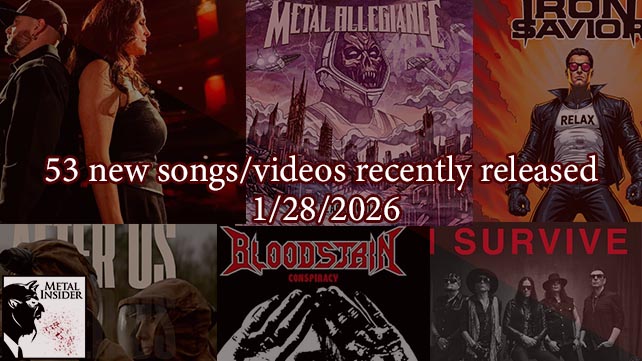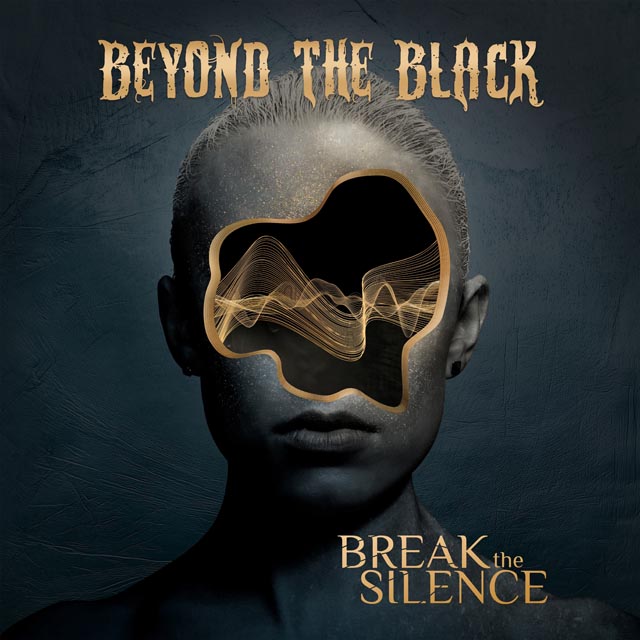The music industry has been challenging and confusing for years. Just ask any artist from the ’50s that died penniless because they sold their publishing rights for a Cadillac. But while many musicians and managers have gotten more business-savvy, the industry still faces a challenging learning curve for consumers, musicians and even record labels when speaking of music distribution. Streaming services like Spotify, Apple Music and others. are supposed to provide some transparency, and taking the example of Spotify, it’s been proven to favor significantly artist and labels when its subscribers opt for a premium paid account, creating a path for other services to follow its steps and acknowledging that artists need to get compensated properly, even during trail periods. Now the question is: Is this money getting to the right hands once it’s paid?
The report, recently published by the Berklee College of Music’s Institute for Creative Entrepreneurship, digs into the subject, determining a “lack of transparency” in this aspect of the music industry and calculating a 20-50% of these royalties never reaching the rightful owners. Many factors involved include the convoluted structure reigning the business side of music, like the never-ending layers of representatives and ‘suits’ between the artists and the consumers who receive their final production. That includes record labels, managers, publicists, distributors, lawyers and investors, creating a thick filter where this money can get lost.
There is also another factor known as “Black Box”, which refers to the money without a destination. The black box keeps increasing every time there is no connection between the service and the actual songwriter or by the collection of licensing fees abroad where the copyright laws vary drastically with the US or Europe.
“The biggest message out of the report is just the lack of technology adoption for the back end of the music industry, streaming is now becoming the dominant method of music consumption. We need to figure out how to work with the streaming services in a way that makes sense to creators.”
“The current environment has too many ‘black boxes, It’s simply too easy for big companies to sit on money because they can’t find out who to pay, or don’t care to know. It’s time to demand more accountability and transparency, and artists can play a crucial role in that push.”
The report proposes a solution: the creation of a “Creator’s Bill of Rights” which targets to establish the principles for artist and songwriter, a fair guidelines for monetary compensation and the disclosure of the structural distribution of the earnings and royalties. An additional fix includes a “Fair Music” certificate, extended by a third party to determine if the practices of all digital services and labels conform a set of standards, creating a plane field within the industry.
It’s impossible to ignore the direction where the music industry is heading to and any artist should move and act accordingly to avoid getting absorbed without the chance to fight for their fair treatment and stripped from what’s rightfully theirs. Digital media is a multi-billion dollar industry, with its foundations on the content created by musicians and songwriters like you and it’s only fair all this revenue gets to its pillars, as the symbiotic relationship it represents. You can actively weigh into this proposal this October 2nd at a public event in Boston, MA. Find more information right here.
[via]












